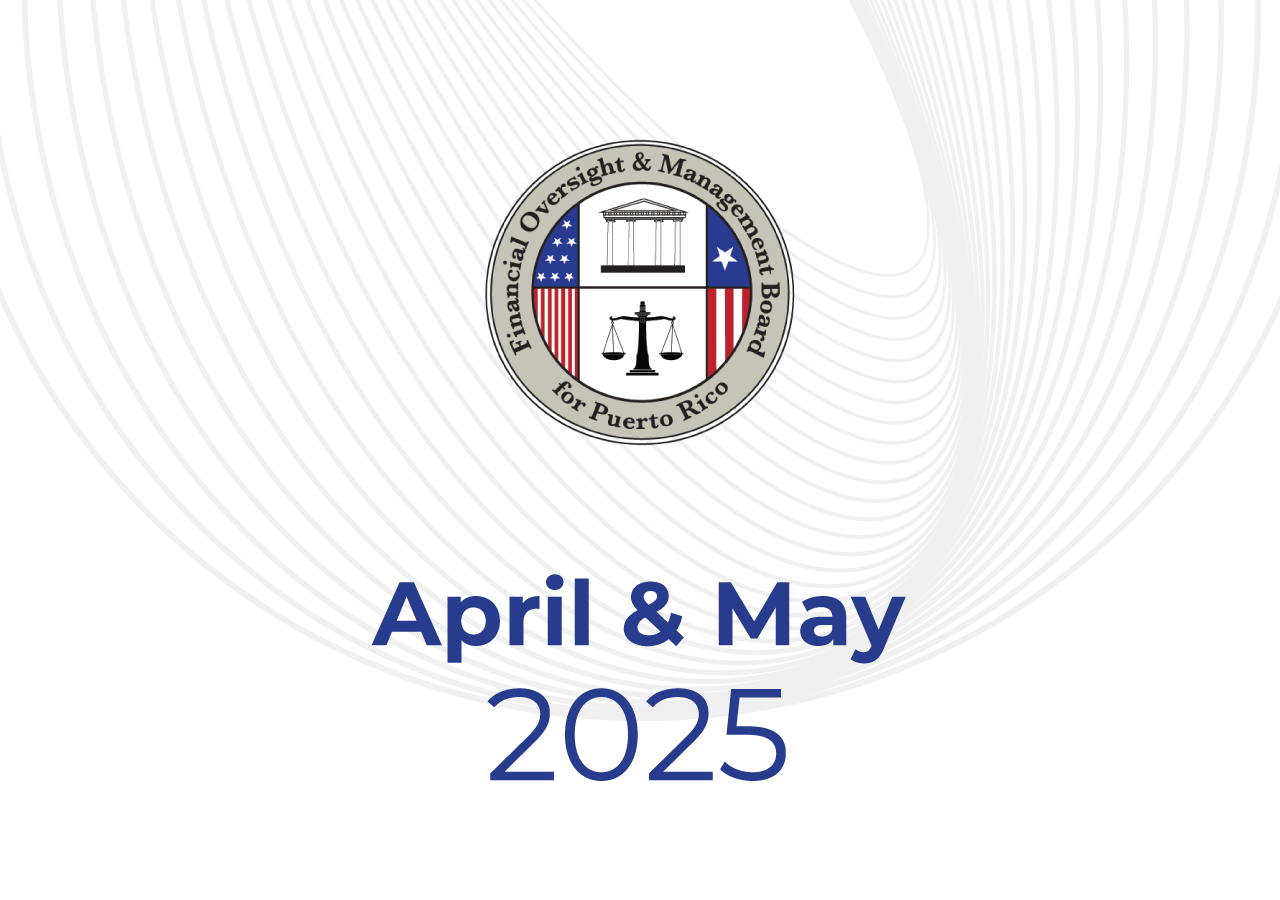In this new policy essay, the Fiscal Oversight and Management Board’s Research and Policy Department looks at theories about employee motivation and public sector performance and identifies numerous nonmonetary mechanisms that can help reinforce strong government performance.
Government officials have continued to focus mainly on salary increases to reform civil service and bolster improvements in the government’s capacity to address 21st-century challenges and needs. However, although monetary compensation and financial incentives are often considered key drivers behind the individual performance, new research clearly shows that too much emphasis and focus is centered on compensation, when in fact most effective incentive systems do not involve financial incentives.
The authors also analyze the current legal framework for performance appraisals of public employees in Puerto Rico. The research group found that current legal norms related to the evaluation of public employees’ performance are scattered among multiple laws, regulations, personnel manuals, performance evaluation regulations, collective bargaining agreements, and contractual letters between bona fide organizations and government entities. Finally, the group looks at challenges when implementing appraisal systems together with collective bargaining agreements.
To energize and improve the public sector workforce, foster job engagement and commitment, uphold the merit principle, and create an amenable, high-performing work environment, the Commonwealth would need to develop a performance management and appraisal system across all government agencies. Implementing a uniform compensation plan by itself would unlikely lead to transformative change in the quality and efficiency of public service delivery.
Through a well-designed and carefully executed performance appraisal, as well as other strategic human resources management practices, the government can boost job satisfaction and bolster improvements in the government’s capacity to address 21st-century challenges.
Authors: Arnaldo Cruz, Siumell González, Olivier Perrinjaquet - Department of Research and Policy





